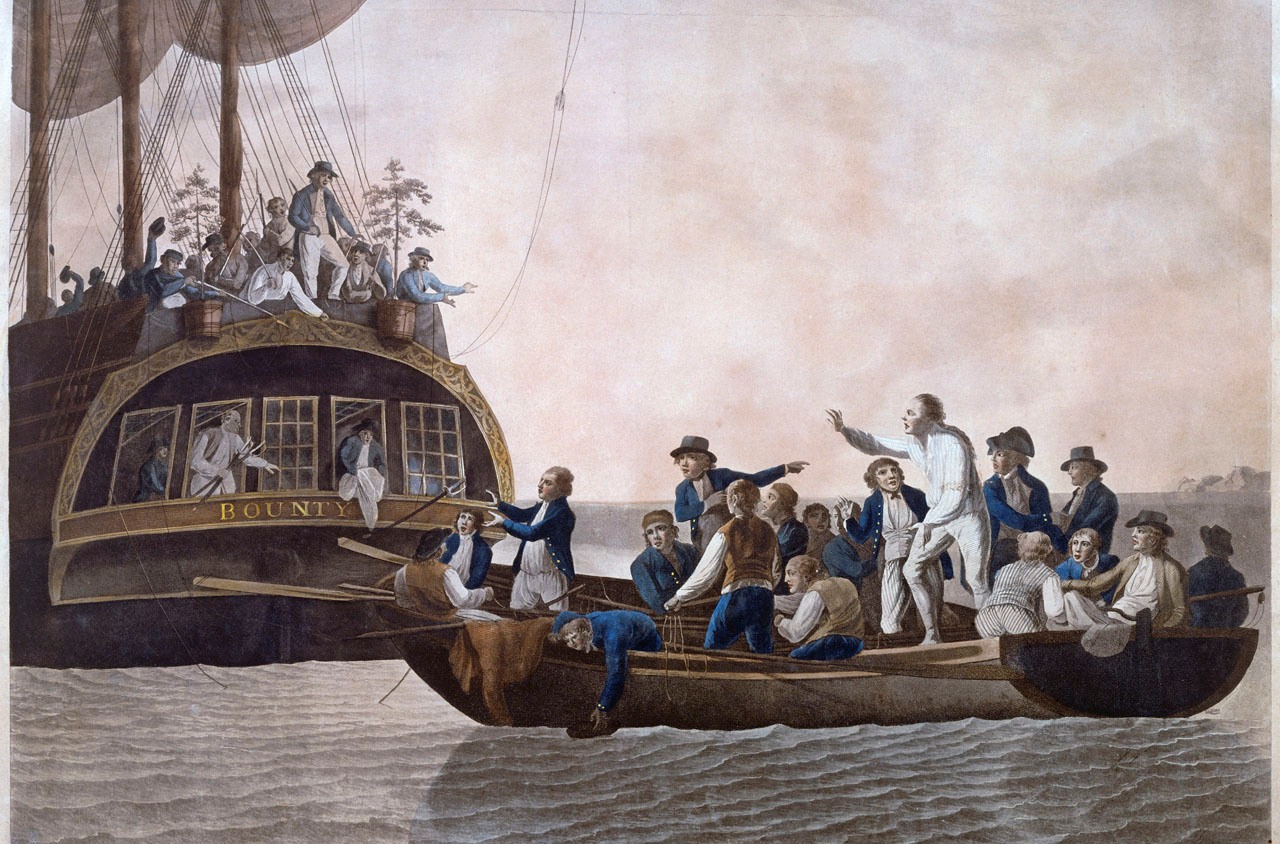As part of a Valley Profile series, MEGHAN HAWKES explores our local history by seeking out stories of life and death in the Thames Valley
Esther Young had never looked well since her arrival at Miranda six weeks previously in March 1901.
She and her husband, Frederick, were from the lonely outpost of Norfolk Island. The Youngs and their two children, aged five and nine, lived on the farm of Robert Douglas, who employed Frederick as a labourer.

Twenty nine year old Esther had been ailing for three or four years from liver complaint, and although attended by a doctor on Norfolk Island, appeared exceedingly ill.
So it was a relief when Mr and Mrs Douglas and their daughters called in to see her on a Sunday in late April and found that she seemed brighter and said she felt better. The respite did not last long though as by Thursday Frederick sent word that his wife was worse, and he was not coming to work.
The Douglas’s visited Esther and, alarmed, urged that she be sent to Thames by the next morning’s boat for medical treatment. No doctors were available on the Miranda side of Thames and travelling there by river was the only option, but, distressingly, rough weather meant the boat did not arrive as usual.
Frederick and the Douglas family did all that was possible for Esther but on Friday night she became worse. The bitter irony of medical help being available on isolated Norfolk Island but not within reach in more populated New Zealand was probably not lost on them.
Despite the care of the Douglas’s and other neighbours, Esther died around 3am on Saturday. By Sunday Kirby Bros boat was finally available and Esther’s body was taken across to Thames.
The inquest, held at the Warwick Arms Hotel, found liver complaint was the cause of death. Esther and Frederick were both descendants of mutineers on the Bounty. In 1789, in the South Pacific Ocean, discontented crewmen seized control of the ship Bounty from the captain, Lieutenant William Bligh, sending him and 18 others adrift in the ship’s launch. Esther was descended from Matthew Quintal, a Cornish able seaman, who joined the leader of the mutiny, Fletcher Christian, along with seven other mutineers, including Edward ‘Ned’ Young, midshipman, who Frederick was descended from.
The mutineers, along with some Tahitian women and men, settled on the uninhabited Pitcairn Island.
Matthew Quintal, a hot-tempered and erratic man, was killed with an axe by Ned Young and another mutineer during one of Quintal’s regular drunken episodes. Ned Young died of asthma on Christmas Day 1800, the first man to die a natural death on Pitcairn. Quintal and Young descendants later settled on Norfolk Island.
Despite the turbulent history of their ancestors, the marriage of Esther and Frederick appeared peaceful, marred only by ill health.
Esther was buried at Shortland cemetery, Thames. Frederick and the children returned to Norfolk Island. Their son, Wilfred died in 1916, aged 24, killed in action in France. Two years later Frederick, 57, employed as a quartermaster, died suddenly at sea on board the cable steamer Iris while off Norfolk Island. Their daughter, Kathleen, survived to old age on Norfolk where descendants of the Bounty mutineers live to this day, making up just under half its population.




